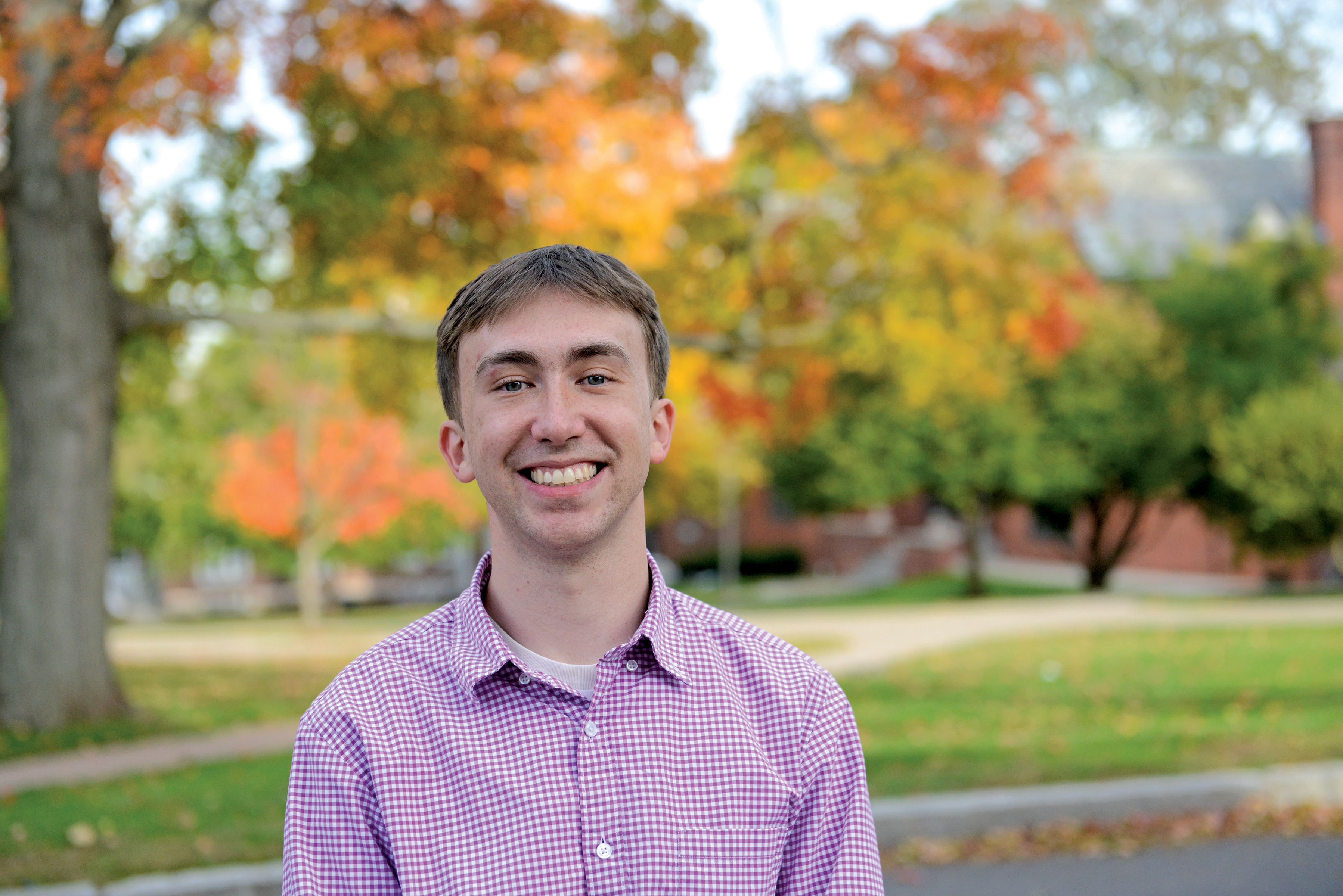TWEETS REVEAL PRIORITIES IN CONGRESSIONAL POLITICS


Twitter use has become virtually universal among members of Congress. Democrat and Republican, young and old, urban and rural, nearly 95 percent of members use the platform for constituent outreach and to take positions on important issues.
For Assistant Professor of Government Logan Dancey, who studies congressional politics, legislative behavior, elections, and public opinion, Twitter is an ideal platform to examine congressional politics. Members—or staffers representing their positions—can tweet as much as they want about topics of their choosing, and they can respond instantaneously to events.
“I think it’s a pretty good way to measure the issue priorities of members of Congress,” said Dancey. Twitter analysis is a relatively new field of research, and political scientists are generally focusing more on textual analysis. “There is so much text out there to study, whether it be press releases, speeches, Supreme Court decisions, or tweets. With advances in computational methods and computing power, researchers can automate the analysis in ways that weren’t possible in the past.”
In summer 2013, Dancey began working in the Quantitative Analysis Center (QAC) with director Emmanuel “Manolis” Kaparakis and Syed Mansoor Alam ’15 on a project studying tweets by members of Congress. They’ve enlisted several undergrads to work in the QAC identifying Twitter accounts, collecting tweets, and analyzing the data.
With this data set, Dancey and the students are exploring a variety of different questions, which he hopes to turn into published papers—co-authored with the students—in the coming years. Among the most developed projects is a collaboration with Jasmine Masand ’15, studying tweets from members of Congress in response to the deaths of Michael Brown and Eric Garner at the hands of police officers in 2014.
“Twitter reported that Ferguson [the Missouri town where Brown was killed] was the most widely discussed topic on Twitter in 2014. And yet, many members of Congress didn’t talk about it at all,” said Dancey. “We wanted to understand what caused some members to speak out while others kept quiet. We primarily focused on two factors: the race of the member and the racial composition of his or her district. This gets at the distinction between members’ personal characteristics and their representation of district interests.”
What they found, he said, was that the race of a member was a strong predictor of whether or not they tweeted about the issues surrounding Brown’s and Garner’s deaths, while the racial make-up of members’ districts was a less consistent predictor.
This summer, Dancey worked with two students—Joli Holmes ’17 and John Murchison ’16—in the QAC Summer Apprenticeship Program. In two different but related studies, they investigate party coordination efforts on Twitter.
“Another reason I like studying Twitter is it’s social media, so members not only interact with constituents, but also with each other,” explained Dancey. “You can observe party coordination efforts through the use of hashtags that the party leaders adopt to try to promote different ideas, as well as through retweets of other party members. We’re interested in studying the extent to which parties are able to coordinate messaging with their members, which members are most likely to cooperate, and under what conditions the parties can best coordinate messaging.”
Holmes and Murchison came into the project with strong data analysis skills, allowing them to work quite independently, and learned more skills in the Summer Apprenticeship Program.
“John and Joli are tackled advanced topics using techniques that I’m not even familiar with,” said Dancey. “I learned it along with them. The QAC offers students serious training in data management, data analysis, and code writing, and allows them to make valuable contributions to faculty research.”
Holmes, an economics major, expects her training to be useful in future research, including her thesis, and advanced coursework. She has found it helpful to collaborate with other students in a range of disciplines through the apprenticeship program. “The QAC’s strong reputation and the valuable skills we’re learning will also be a valuable addition to my résumé,” she said.
